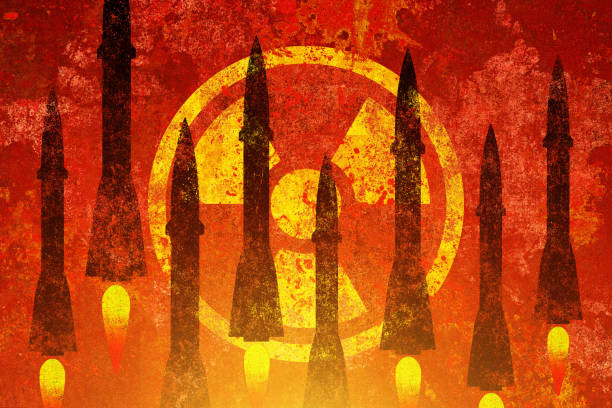Letter from La Vigie, 27 November 2024

Initiative, escalation and threshold
The use by Ukrainian forces of strike capabilities in the Russian depth on 19 November was almost immediately followed by a Russian response using a ballistic missile system. This sequence demonstrates Moscow’s determination to retain the initiative in the field of escalation and to always be in a position to dictate where the threshold for the use of weapons lies, albeit with ever-diminishing options.
To read the article, click here
Is influence really a strategic function?
The last Strategic Review of 2022 elevated influence to the rank of ‘strategic functions’. The concept is not new, and a number of measures had already been put in place. However, the promotion of this function seems to have been the result of the zeitgeist rather than in-depth strategic thinking. Many questions need to be asked if we are to go beyond the mere declaratory effect, which is struggling to convince.
To read the article, click here
Lorgnette: The Court and its warrants
On 21 November 2024, the International Criminal Court (ICC) issued an arrest warrant for Israeli Prime Minister B. Netanyahu. This is an historic decision, because it undermines the accusation of double standards (LV 232) that had been levelled against the Court and, beyond that, against a justice system that punishes the defeated and the enemies of the West. For a long time, these were African leaders. The indictment of V. Putin in March 2023 showed that a change was possible: but once again, it was an enemy of the Americans and Europeans who was targeted. From this point of view, the indictment of B. Netanyahu constitutes a revolution and gives credibility to the Court, thus rejecting the accusation of two-tier justice.
However, several countries are already opposing this decision, including the United States and Israel, as well as Hungary and Austria. They say that ‘you don’t indict the leaders of a democracy’, but this immediately reintroduces the accusation of double standards, which is becoming increasingly difficult to accept throughout the world.
The French and British leaders reacted with embarrassment, between support for Israel and support for international justice. However, the rule of law and the independence of the judiciary should prevail.
Subscribers: click directly on the links to read online or download the pdf issue (here), always with your login/password. New readers: subscribe (discovery subscription €22, annual subscription €85, orga. subscription €400 excl. tax): here, the different options.
Photo credit : Dmitry Terekhov on Visualhunt.com


